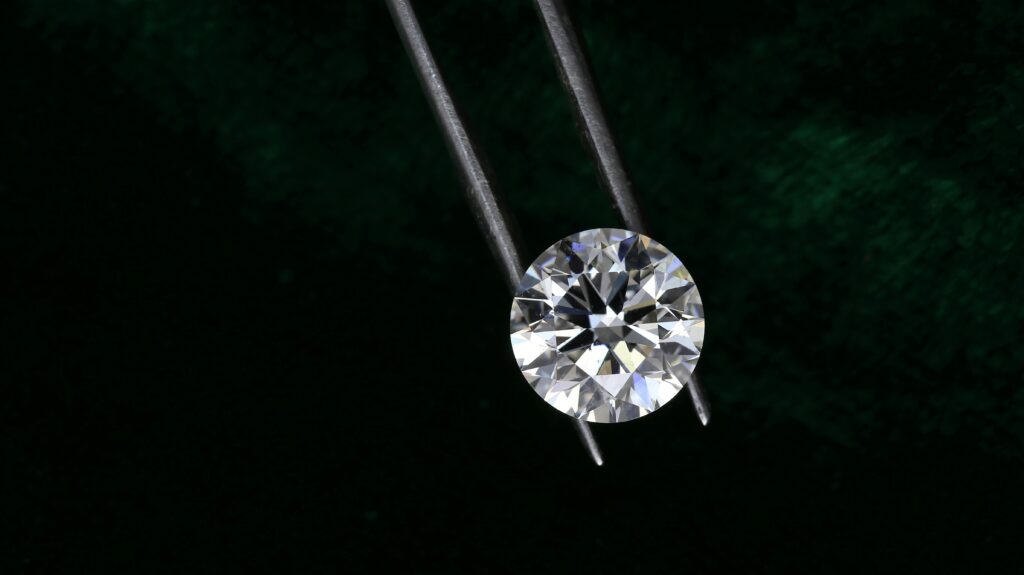Scientists Discover Rapid Diamonds Creating to Produce Gems in 15 Minutes
New Method, scientists have discovered a groundbreaking technique to create diamonds in just 15 minutes. This new method works at normal atmospheric pressure and does not require a starter gem.
Traditional Diamond Formation
Natural Process: Natural diamonds form in the Earth’s mantle under extreme conditions—several gigapascals of pressure and temperatures around 2,700 degrees Fahrenheit (1,500 degrees Celsius).
Artificial Diamonds: 99% of artificial diamonds are made using the High Pressure, High Temperature (HPHT) method. This method dissolves carbon in liquid metals, such as iron, to convert it into a diamond around a small seed or starter diamond.
New Technique by Rodney Ruoff’s Team.
Innovative Approach: A team led by Rodney Ruoff, a physical chemist at the Institute for Basic Science in South Korea, has developed a new technique that overcomes some limitations of existing synthesis methods.
Published Findings: The study’s findings were published on April 24 in the journal Nature.
The New Diamond-Making Process
Container Design: The researchers designed a special container to hold a crucible at normal pressure.
Methane Gas: They pumped extremely hot, carbon-rich methane gas into the container.
Quick Preparation: Co-author Won Kyung Seong, also from the Institute for Basic Science, designed the 2.4-gallon (9 liters) chamber. It can be prepared for experimentation in just 15 minutes.
Future Implications
Ruoff’s Vision: Rodney Ruoff has been exploring new ways to grow diamonds for over a decade, aiming to achieve this in unconventional ways.
Potential Impact: Ruoff mentioned that in about a year or two, the world might better understand the possible commercial impacts of this new technique.
This innovative method of diamond creation could revolutionize the industry by providing a faster, more efficient way to produce diamonds without the need for extreme conditions or starter gems.
References:
Live Science Report
Journal Nature Publication, April 24
This discovery highlights a significant advancement in material science, with potential applications in various fields due to the unique properties of diamonds.

